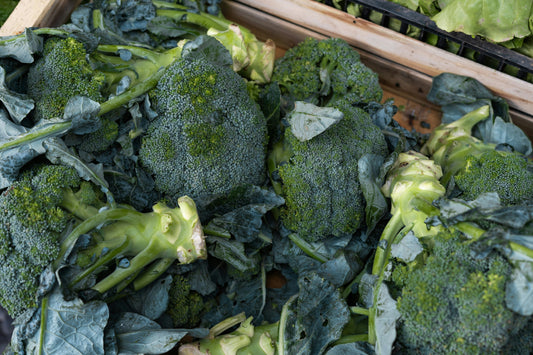I get asked lots and lots of questions from both the online community and clients, and often I get asked the same or similar questions each week. To help share the information that is most commonly sort after I will post two Q+A’s each week.
If you have questions that you would like answered simply email info@wellnessbyjessica.com or send me a Facebook message.
First up…
Beat the Bloat
Q: Each day by 3 pm I find myself bloated and exploding out of my jeans. It doesn’t matter if I eat very little or lots, it is always the same. Why? – Anna M
A: Bloating is caused by partially undigested food making its way into the small or large intestine. In a healthy person, the food is well broken down or digested by the time it gets to the small intestine, if the food is not broken down the gut bacteria begin to feed off it. Gut bacteria produce gas as a by-product of the fermentation of undigested food. Gut bacteria are present to digest parts of our diet that we are not physically able to digest ourselves but, the problem arises when there is too much undigested food to process, resulting in excessive gas and bloating.
Here are some ways to improve your digestion and reduce bloating:
- Increase stomach acid production or/and pH level.
The stomach needs to have enough acid to efficiently breakdown your food. Help your stomach out by stimulating stomach acid production with lemon juice or apple cider vinegar (ACV). Put 2-3 tbs of lemon juice or ACV in 1-2 tbs of warm water, drink this 20 minutes before meals. - Avoid drinking large amounts of water with meals.
It is very common to drink water with your meal however, this dilutes your stomach acid and increases the chance of bloating. Drink water 30 minutes after eating instead. - Avoid food that is hard for your body to break down and absorb.
For many people bloating is caused by food intolerances, if your body can’t break down gluten, lactose, or specific fruits or vegetables then this will result in bloating. Keeping a food diary can be helpful in figuring out the foods that trigger bloating, and once you have identified these foods you may like to trial excluding them for 10-14 days to see how this affects your stomach.
Fat: Yes or No?
Q: Everyone talks about eating ‘good fats’ these days, but I was taught to keep my fat intake to a minimum. Should I be eating more fat or not? – Sarah P
A: Fat is critical for normal brain function, to build cell walls, maintain skin structure and for energy. There are several types of fat, all with different characteristics. When it comes to fat you want to be choosing whole food fats, this means that it is a fat that has had none or minimal processing to get it into a form for consumption.
Trans fats are created primarily from the processing of oils, this type of fat does not nourish the body in any way instead, it contributes to cell damage and ageing in the body. It can be found in processed foods like cakes and cookies, margarine, and deep-fried fried foods. To check to see if a food contains trans fats, simply look on the nutritional panel and it will be listed under the fat section. Avoid this type of fat when possible.
Other types of fats include; saturated fats, monounsaturated fats, and polyunsaturated fats. Over the years some of these fats, particularly saturated fats (animal fats, butter, coconut oil) have been demonised. However, the science does not show a link between these types of fats and illness. It is my opinion that fat has an important part in the diet and we should focus on consuming whole food fats rather than fats or oils that have been overly processed. Plant oils like olive, coconut, and nuts oils are made very simply by pressing the food, whereas other types of oils are heated to remove the oil from the plant — destroying or changing the properties of the fat.
Other real food sources of fat include; oily fish, avocado, nuts, seeds, coconut, and butter. Try to include a source of real food fat at each meal to help increase satiety and ensure your body is receiving the fatty acids it needs to function optimally.
If you would like your questions answered you can email them to info@wellnessbyjessica.com, or use the contact box.
New Q+A’s will be added each week




